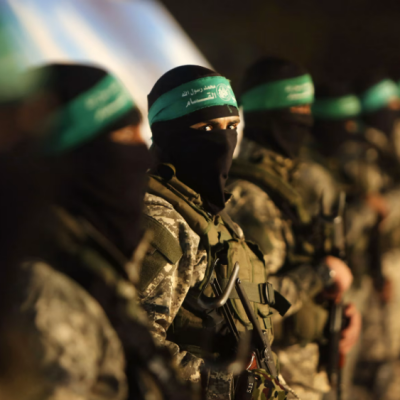By: Dr Samantha Newbery,
Lecturer in Contemporary Intelligence Studies, University of Salford, Manchester
On Monday night an horrific terror attack was carried out in Manchester, causing the deaths of twenty-two people, many of them children. Concert-goers and parents who had come to collect their children were targeted by a suicide bomber at the end of a show at Manchester Arena, one of the biggest indoor concert venues in Europe. The thoughts of people around the world are with the victims and survivors, their families and friends.
As more information about the attacker, his affiliations and the authorities’ responses to the attack becomes available, more and more questions are being raised about whether the attack could have been prevented and what actions should be taken to prevent similar attacks. Members of the public had called the anti-terrorism hotline to report the attacker, British-born Salman Abedi, for his extreme views, yet he was not stopped. One of the many unknowns about the attack so far is what the British authorities did with this information.
The police and intelligence agencies prevent terrorist plots on a regular basis and successful work to prevent radicalisation is carried out in communities across the UK. Universities, schools, prisons and the National Health Service all have a legal duty to implement the ‘Prevent’ strand of the UK’s counter-terrorism strategy. That the attacker was a university student until 2016 has focused attention on how universities can meet the demands of Prevent whilst also encouraging critical thinking.
The emergency services were well-prepared for this event. May 2016 saw a large-scale counter-terrorism simulation exercise in the Trafford Centre, a shopping centre on the outskirts of Greater Manchester. The police presence on the streets of the UK was increased immediately after the attack. The army are now also on the streets, supporting the police by performing guard duties so that additional armed police officers can be re-deployed to high-profile targets such as sports stadiums. This is a response to the government’s announcement on Tuesday that the UK’s terror threat level was being raised to ‘Critical’, meaning another attack is expected imminently.
The attacker’s ability to gain entrance to the Arena at the end of the concert despite carrying an improvised explosive device in his bag, combined with the increased terror threat level, has led to increased physical security measures. Large concert and sports venues in Manchester and London immediately put more thorough searches into place and will no doubt be reviewing their physical security procedures.
There are international elements to the events of this week, too. Claims the attacker had travelled to Libya – where he had family connections – and to Syria raise questions about allowing British citizens who have travelled to Iraq or Syria back in to the UK. Anglo-American relations are under considerable stress. It was the US, acting against the UK’s wishes, who released the attacker’s name. Even more problematic was yesterday’s publication by the New York Times of photos and other intelligence giving details about the attack. In the event of a terror attack this kind of information is routinely shared with the US. The leak of this information to the press, however, has led to the extreme step of the UK calling a temporary halt to this arrangement.
The media have done valuable work in spreading information and understanding of the events, their aftermath and the wider context of the many issues raised. I have witnessed first hand how they work under enormous pressures in a fast-paced environment where information is limited.
Acknowledgement must also be made of the reactions of the people of Manchester. They have shown incredible kindness and support to one another, as evidenced by strangers offering concert-goers somewhere to sleep for the night, by so many people trying to donate blood for hospitals the following day that the blood banks were having to turn them away, and by the thousands who attended the vigil outside Manchester City Hall on Tuesday evening. This sends a strong message to the survivors of this attack and to the wider world.









